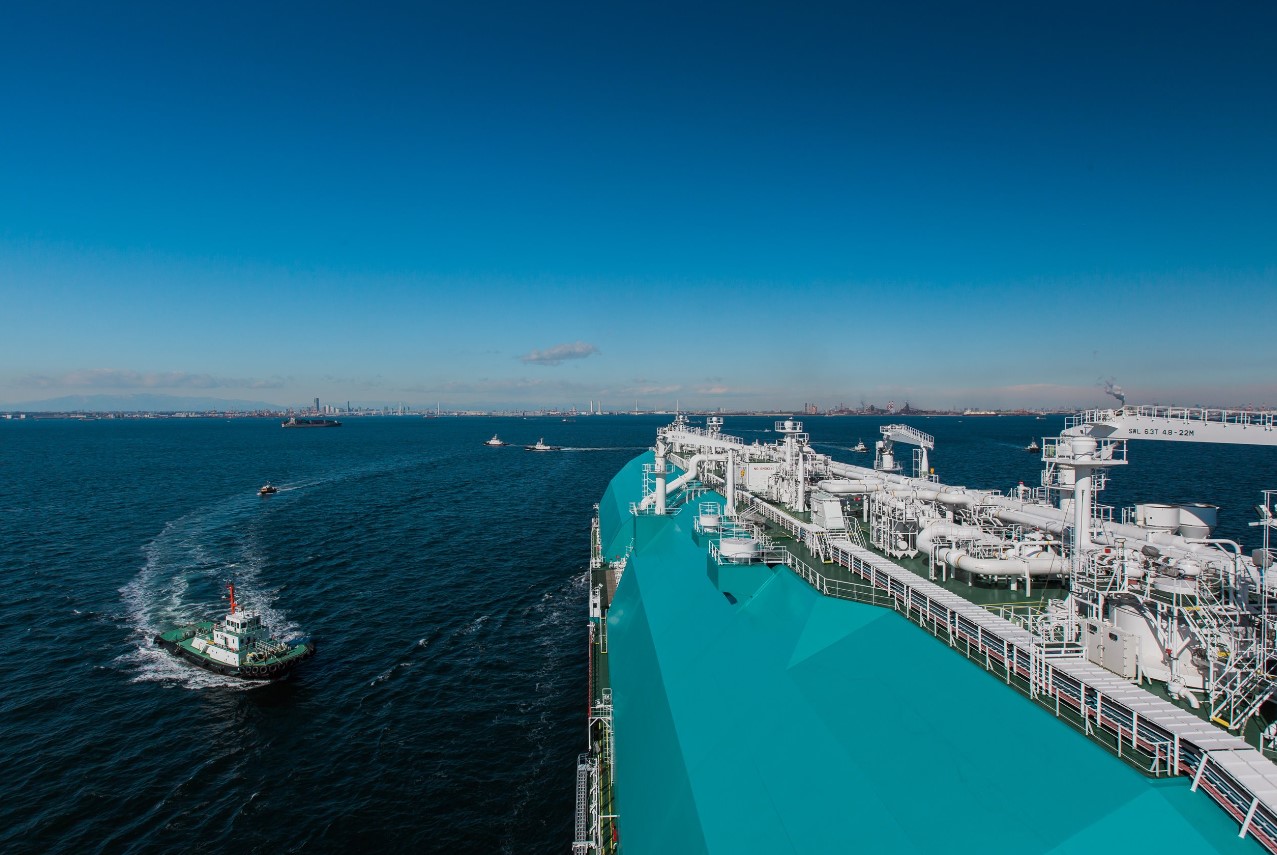This story requires a subscription
This includes a single user license.
The shipping firm said its gas assets and solution business, which includes a fleet of LNG and ethane carriers, posted third-quarter revenue of 674.2 million ringgit ($150 million), a drop of 21.7 percent compared to the same period last year.
MISC attributed the drop to lower earning days from contract expiries and lower charter rates in the current quarter.
Moreover, MISC’s gas assets and solution business reported operating profit of 257.7 million ringgit ($57 million) in the third quarter.
Operating profit decreased by 39.8 percent compared to the same period last year due to lower revenue and higher vessel operating costs.
MISC is one of the largest operators of LNG carriers and most of them are on long-term charters.
According to MISC’s website, it operates a fleet of 30 LNG carriers, including 3 as part of joint ventures. It also has one chartered LNG bunkering vessel.
Besides operational vessels, MISC previously said it has at least 14 LNG carriers on order.
MISC recently ordered two LNG carriers at South Korea’s Samsung Heavy, and these vessels will serve Petronas under charter deals.
Group profit, revenue down
Looking at the overall quarterly results, MISC’s operating profit of 524.8 million ringgit ($117 million) in the third quarter dropped by 16.5 percent year-on-year.
MISC attributed the drop mainly due to lower revenue and higher vessel operating costs in the gas assets and solutions segment.
Group revenue of 2.96 billion ringgit dropped by 11.9 percent compared to the same period before and 8.5 percent compared to the prior quarter.
MISC said revenue dropped mainly due to lower earning days from contract expiries and lower charter rates in the gas assets and solutions segment.
Outlook for spot LNG shipping rates remains “softer”
In the LNG shipping market, spot rates “remained moderate in the third quarter of 2024 amidst subdued LNG demand in Asia and elevated inventory levels in Europe, keeping rates below previous years’ levels,” MISC said.
MISC said the outlook for spot rates moving into the fourth quarter and beyond remains “softer, driven by a high number of vessel deliveries, limited additional liquefaction capacity, and moderate anticipated demand in Europe.”
“The segment also faces potential asset impairment risks amid a weakened spot market, where softer rates may affect the long-term value of assets,” the firm noted.
“Furthermore, heightened geopolitical tensions could disrupt certain contractual arrangements which may have an adverse financial impact,” MISC said.
“Despite these challenges, the gas assets and solutions segment will continue to pursue strategic opportunities to mitigate impacts on operating income, including repurposing vessels into floating solutions and redeploying them to charter parties where feasible,” MISC added.

